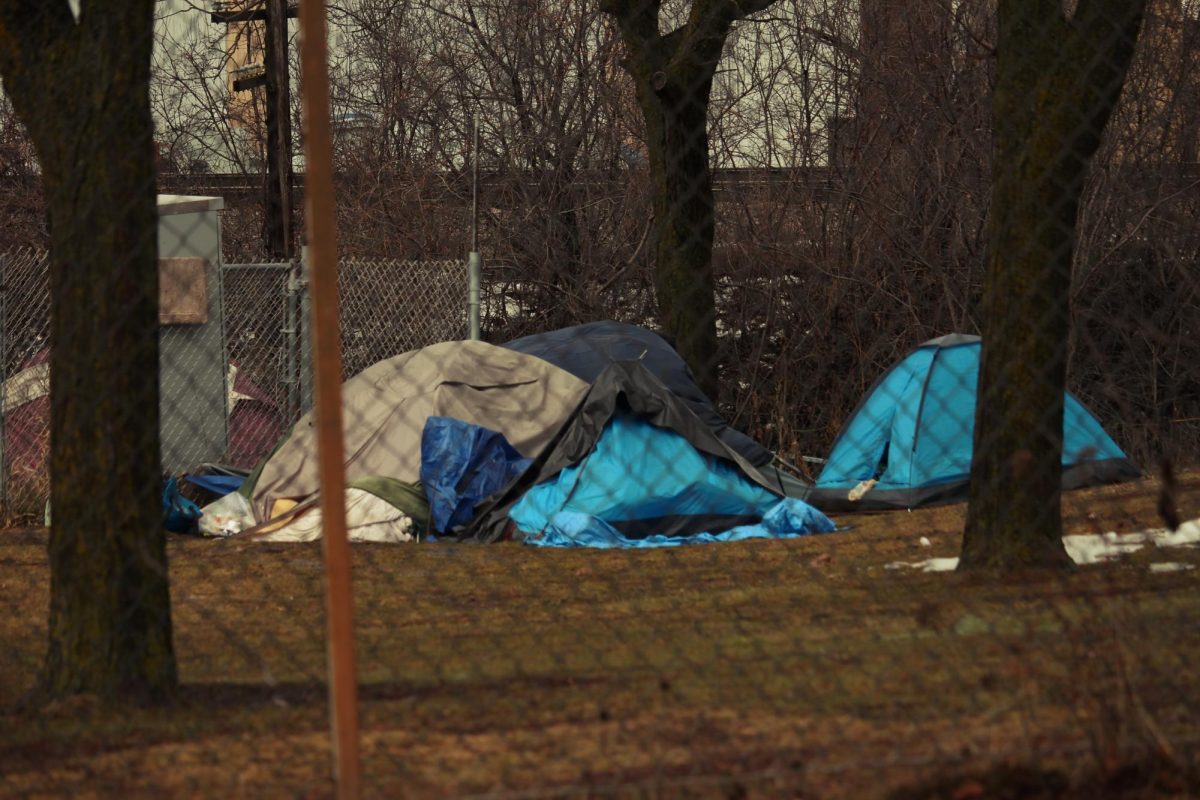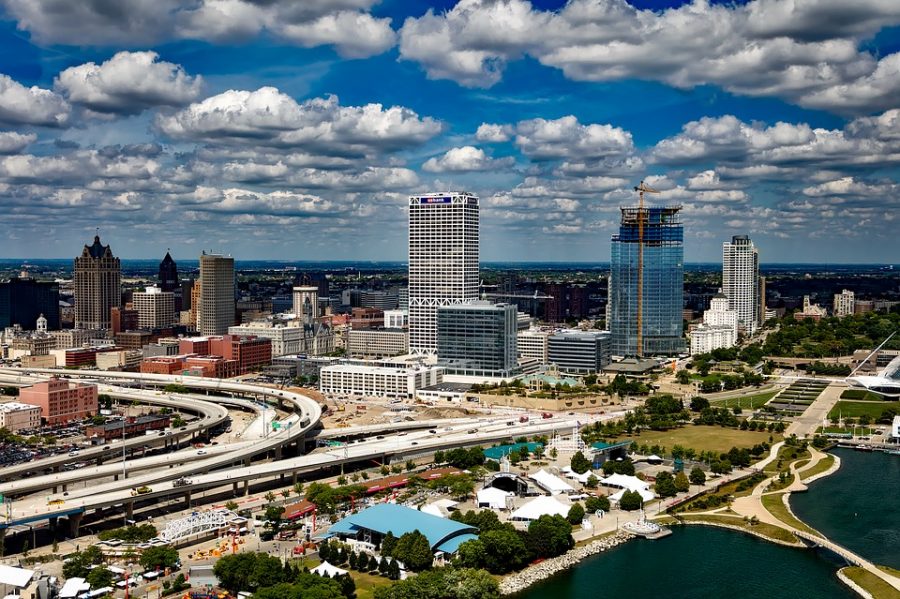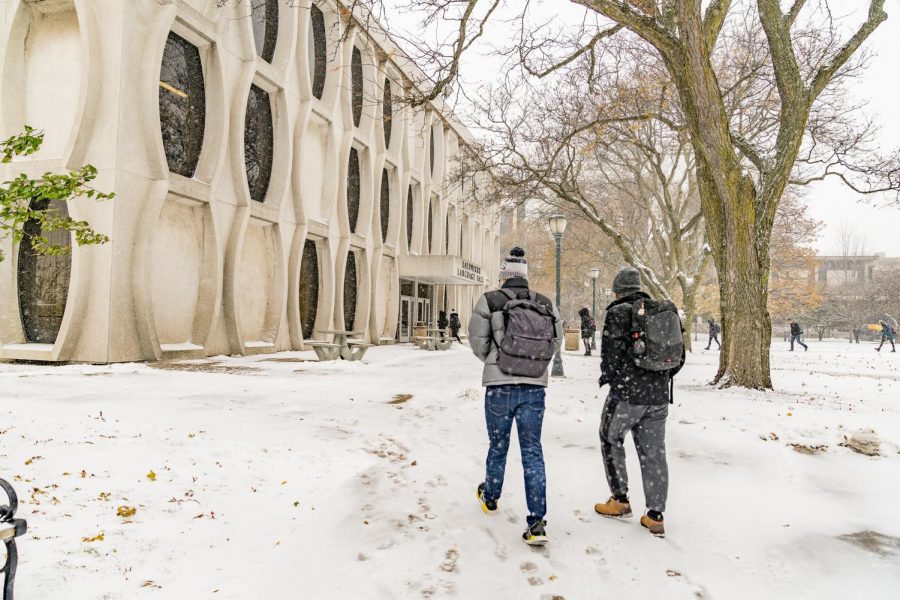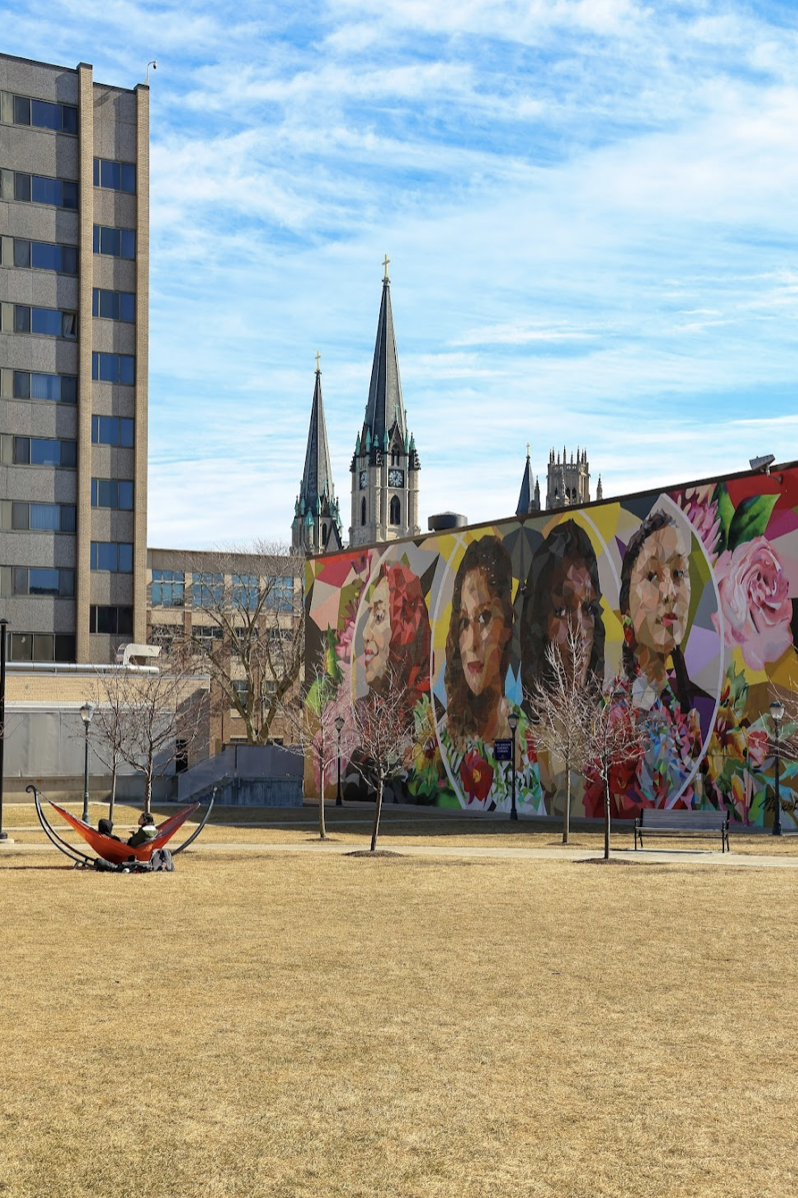How is it possible that the wealthiest nation in the world continues to have such staggering rates of homelessness? In 2023, homelessness increased by more than 12% compared to the previous year, the highest it has been since the government started counting in 2007.
The natural tendency for many Americans is to blame the victims of this epidemic. According to them, people who are homeless wound up there due to their own poor choices.
The poverty-stricken must have screwed up their own lives by doing drugs or dropping out of school. If they lived life the “right way” perhaps they would be able to pull themselves up by their bootstraps and escape poverty.
The truth is, even people who go to school and finish their degrees and people who work hard to make ends meet are still left behind due to our country’s high cost of living.
America is an extremely expensive country to live in, and costs only proceed to rise each year. Furthermore, wages have not kept up with these rising costs, and many American workers are not making enough to support themselves.
The federal minimum wage has held steady at $7.25, despite the living wage being over $15 in every state. In Wisconsin, the minimum wage is also only $7.25, which only covers 29.9% of the living wage for a family with two working adults and two children.
This is the lowest percentage in the nation, making Wisconsin the state with the worst minimum wage to cost of living ratio. While other states are increasing minimum wage in 2024, Wisconsin has made no such plans.
When low-wage workers are forced to live between such thin margins, further increases in the cost of necessities can have drastic consequences. A city-wide rent increase could be enough to force individuals living paycheck to paycheck to fall behind and risk eviction.
Research conducted by Pew Charitable Trusts found that in cities with fast-rising rents, levels of homelessness increased, and in cities in which rents grew slowly, homelessness decreased.
Marquette’s home, Milwaukee, has the second fastest rising rents in a metro area with a population greater than one million, said a recent report from Apartment List. It ranks just behind Hartford, CT and now outranks major cities like Chicago.
Last fall, homeless outreach groups identified an increase in the number of unsheltered people in the city. This increase is partly due to declining pandemic aid, but the rising number of evictions and lack of affordable housing is likely to have also contributed to this issue.
Milwaukee, despite being previously praised for having the lowest number of unsheltered homeless people, has failed to acknowledge the root of the problem. As students living in this city, we are in the unique position to enact change.
It is extremely important that we recognize that our traditional perceptions of poverty are ruefully misguided. By understanding the underlying causes of homelessness within our own community, we can be more effective at relieving the burdens placed on the impoverished.
If we are truly committed to reducing homelessness, voters must put pressure on local officials to slow the growth of rent increases. Additionally, there needs to be greater interest in low-income housing, to provide cheaper housing alternatives for low-wage workers.
The minimum wage in Wisconsin must also be increased. When adjusted for inflation, the minimum wage in Wisconsin has continued to decrease. It is about time for voters to push for a more livable wage.
We must recognize that these people are suffering from failures by our governments. It is time to stop blaming the victims of the problem and address it at a systemic level.
This story was written by Joey Schamber. He can be reached at joseph.schamber@marquette.edu.















